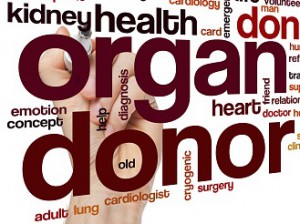Worrying yourself sick is not just a saying; studies prove that being in a constant state of worry can have a harmful effect on your physical health. Excessive worrying can lead to anxiety and an increase in your levels of stress. This can trigger a number of problems that can make you ill.
High levels of stress produce hormones such as adrenaline and cortisol, both can negatively impact the nervous system, digestive system, the heart and glands; leading to health conditions such as:
- Stomach ulcers
- Heart disease
- Diarrhea
- Sleep disorders
- Frequent headaches
- Fatigue
- Short term memory loss
There are several lifestyle changes you can make to help decrease how frequently you worry and potentially reduce the risk of developing serious health problems- they include:
- Exercising
- Practicing relaxation techniques such as meditation, yoga or tai chi
- Drinking caffeine in moderation
- Maintaining a healthy diet
- Socializing with people who are supportive
If these tips do not help and you continue to experience stress-related symptoms, please see your doctor immediately.
All content of this newsletter is intended for general information purposes only and is not intended or implied to be a substitute for professional medical advice, diagnosis or treatment. Please consult a medical professional before adopting any of the suggestions on this page. You must never disregard professional medical advice or delay seeking medical treatment based upon any content of this newsletter. PROMPTLY CONSULT YOUR PHYSICIAN OR CALL 911 IF YOU BELIEVE YOU HAVE A MEDICAL EMERGENCY.


